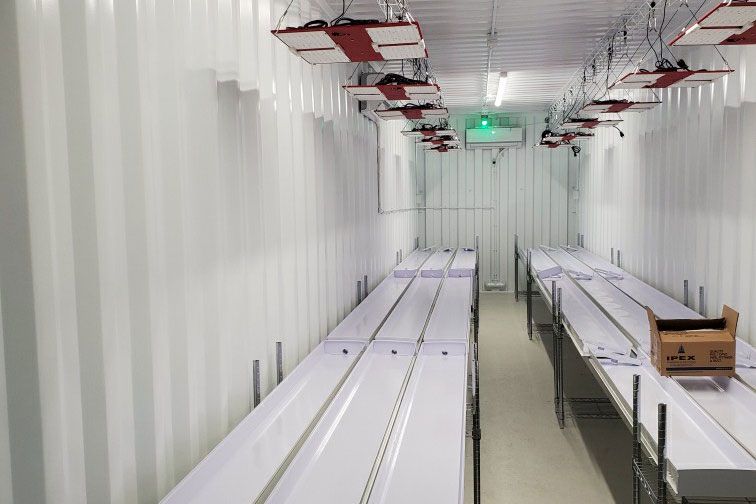Since Ontario started accepting open market applications on Jan. 6, just under 800 Retail Operator License submissions have been filed for adult-use cannabis stores, as the province looks to get its fledgling marijuana industry on track.
Ontario announced a move towards an open market process in December after relying on a poorly executed lottery system to open a handful of stores since last spring.
There are two stages for interested parties:
- Applying for a Retail Operator License (ROL).
- Applying for a Retail Store Authorization (RSA) for a proposed location.
Starting March 2, applicants who received or applied for an ROL may submit up to 10 RSAs. A nonrefundable 4,000 Canadian dollar ($3,000) fee applies to each RSA.
From March 2 until September, licensed operators are limited to 10 stores, rising to 30 until September 2021 and up to 75 thereafter.
So far, the Alcohol and Gaming Commission of Ontario (AGCO) has issued 183 ROLs, including for applicants as part of the two lotteries, as well as stores on First Nations reserves.
Ontario expects to issue up to 20 RSAs per month starting in April in its drive to catch up to the rest of the country.
That may take years, however.
Thirty-three cannabis stores have been authorized to open in Ontario so far, compared to 423 in Alberta. British Columbia has issued 200 licenses to private stores.
Michael J Armstrong, business professor at Brock University in St. Catharines, said the main constraint facing the rate of store openings in Ontario will likely be the rate at which the AGCO issues RSAs.
Armstrong predicts a much faster ramp up this time around, compared to the slow rollout of Ontario’s first three dozen stores.
“It’s not going to be like the lotteries. Some of them are still not open,” he said.
Armstrong says some prospective retailers are ready.
“In a relatively short amount of time, we’re going to get an explosion of site licenses.”
“Companies planning chains are probably well funded. Many have already leased sites and may have already done renovations. Some of those will open quickly, once they get their final site and manager licenses,” he said.
Capital constraints facing some cannabis businesses may limit their ability or willingness to open stores quickly.
The AGCO says it will process RSA applications in the order they are received, but that does not necessarily mean they will be the first to open their doors.
Factors including completeness of information provided and time needed to prepare stores to meet regulatory requirements and pass inspections will also contribute to processing times.
“In all cases, applicants who respond to AGCO requests for information in a timely way will move more quickly than those who take more time to respond. Once applicants provide the outstanding information, we are moving them through the process quite quickly,” an AGCO spokesperson told Marijuana Business Daily.
The AGCO has previously said that the majority of ROL applications had information outstanding when first submitted.
Applications must be submitted through the iAGCO online portal.
View regulatory amendments here.




